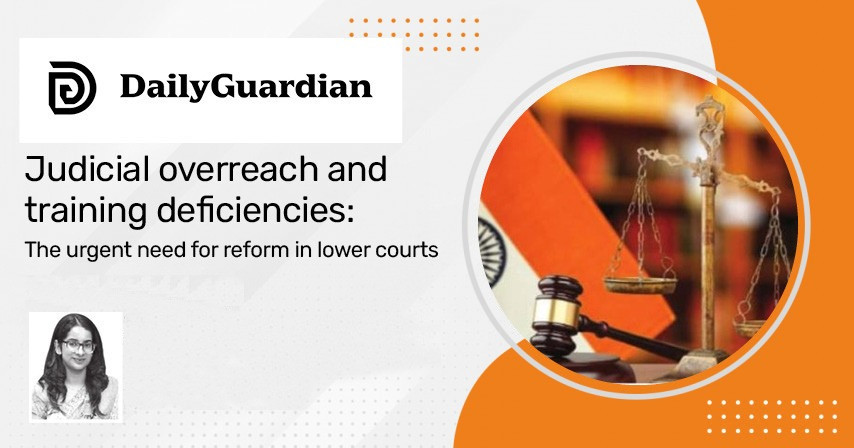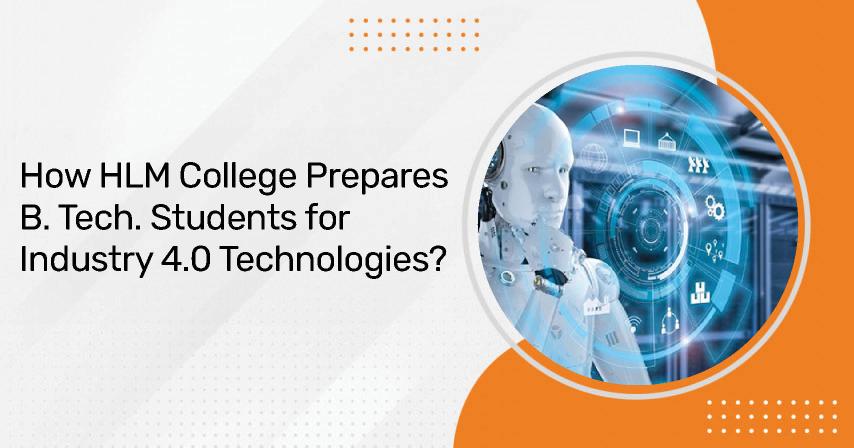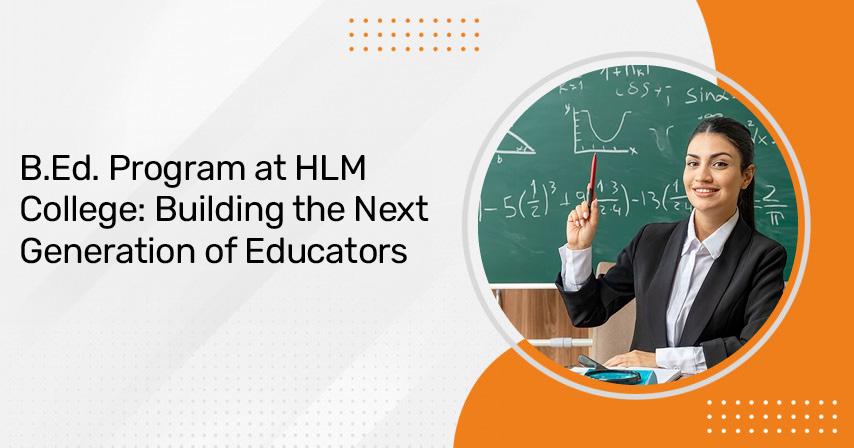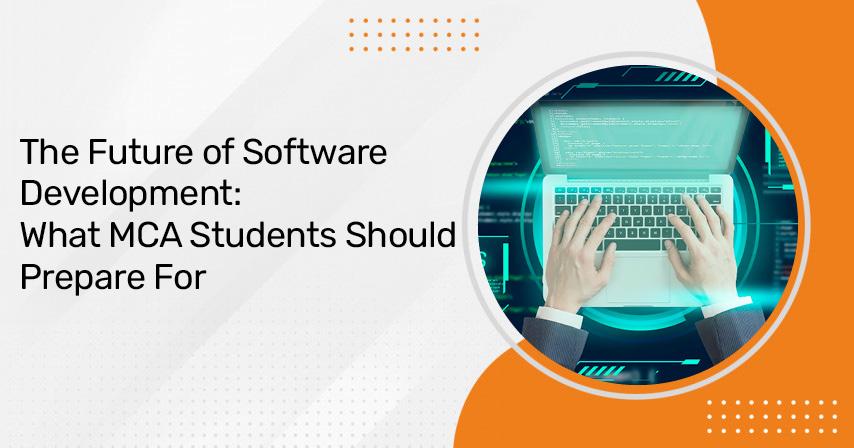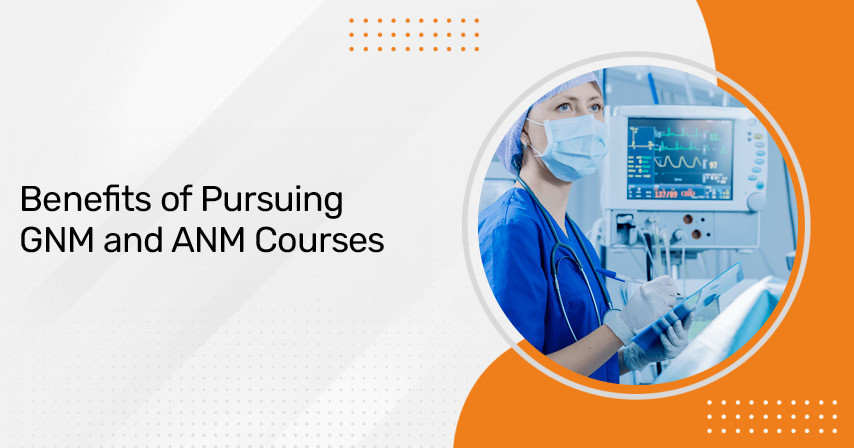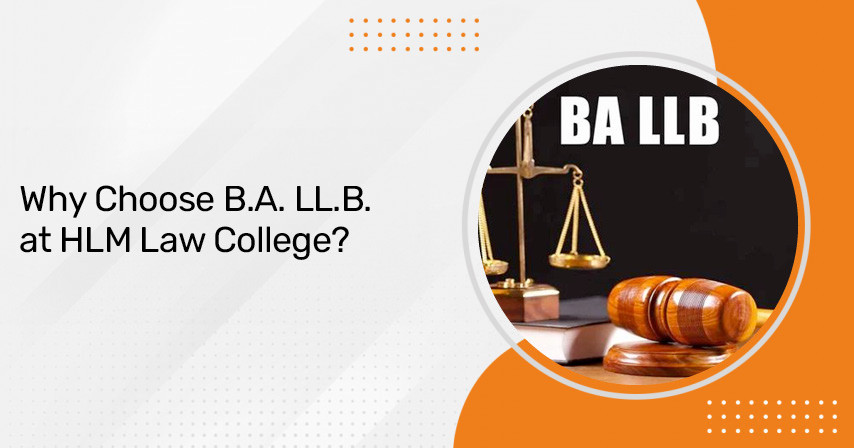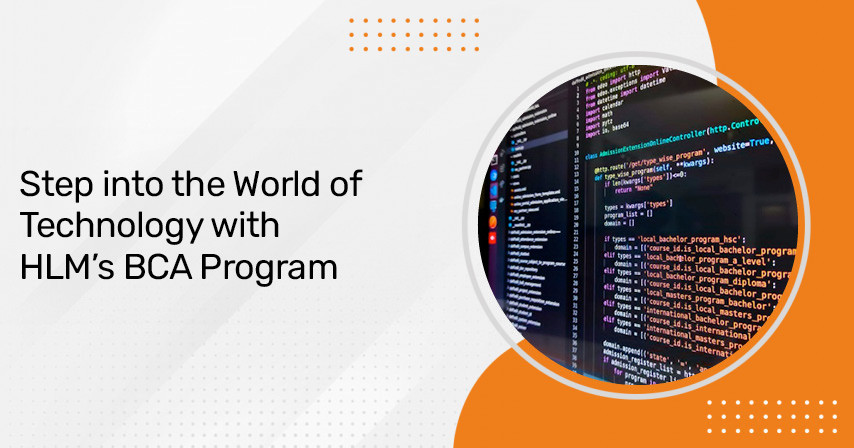Judicial overreach and training deficiencies: The urgent need for reform in lower courts
In a landmark judgment dated 31st January 2025, the Supreme Court of India acquitted Karan Singh, who had been convicted under Sections 304B and 498A of the Indian Penal Code (IPC) for dowry death and cruelty. This ruling, which overturned both the trial court and High Court
Case Background
Karan Singh's marriage took place in 1996, and two years later, in 1998, his wife tragically committed suicide. Medical records confirmed the cause of death as asphyxia due to hanging. Following this, allegations of dowry harassment were levelled against Karan Singh and his family, leading to legal proceedings under Sections 304B and 498A of the IPC.
During the trial, Karan Singh's parents were ac-quitted, but he was convicted in 2002 and sentenced to seven years of imprisonment. This conviction was upheld by the High Court in 2010. However, after spending over two decades fighting a flawed prosecution, the Supreme Court finally overturned his conviction in 2025.
Supreme Court's Observations
The Supreme Court meticulously examined the case. highlighting contradictions in the allegations, improper legal presumptions, and gaps in evidence. The apex court's remarks-"It is for the State Judicial Academies to step in. Perhaps this is a case of moral conviction rather than legal reason-ing" - emphasize the urgent need for improved judicial training. This acknowledgment sheds light on how lower courts often operate under societal pressure rather than strict adherence to legal principles.
The role of State Judicial Academies is crucial in addressing these concerns. These institutions must ensure that judicial officers are adequately trained to distinguish between moral persuasion and legal reasoning. A well-structured training framework should incorporate:
Judicial Overreach and Training Gaps
This case exemplifies how deficiencies in judicial training at the lower court level can lead to miscarriages of justice. Judges in lower courts frequently encounter complex cases involving nuanced legal interpretations. However, their decisions sometimes reflect societal biases rather than objective legal assessment, leading to wrongful convictions.
The role of State Judicial Academies is crucial in addressing these concerns.
These institutions must ensure that judicial officers are adequately trained to distinguish between moral persuasion and legal reasoning. A well-structured training framework should incorporate:
Comprehensive Legal Education: Regular workshops and refresher courses focusing on legal interpretation, evidence evaluation, and procedural fairness.
Sensitivity Training: Special emphasis on handling cases related to dowry deaths, domestic violence, and other gender-sensitive matters with impartiality.
Case Law Review Sessions: Encouraging judges to analyse landmark Supreme Court judgments to understand evolving legal principles.
Monitoring and Account-ability: Establishing mechanisms to review lower court judgments and assess judicial performance periodically.
Impact and The Way Forward
The Supreme Court's ruling in Karan Singh's case is not merely an acquittal; it is a reflection of the larger systemic issue plaguing the lower judiciary. The prolonged legal battle endured by the accused underscores the devastating impact of flawed judicial reasoning. It is imperative that State Judicial Academies take proactive measures to bridge the knowledge gaps among judges, ensuring that future verdicts are grounded in legal precision rather than societal influences.
Strengthening judicial training at the lower court level will ultimately uphold the integrity of the judicial system and prevent miscarriages of justice. The case of Karan Singh serves as a stark reminder that an efficient judiciary is not merely about delivering judgments but about ensuring that justice is truly served.

